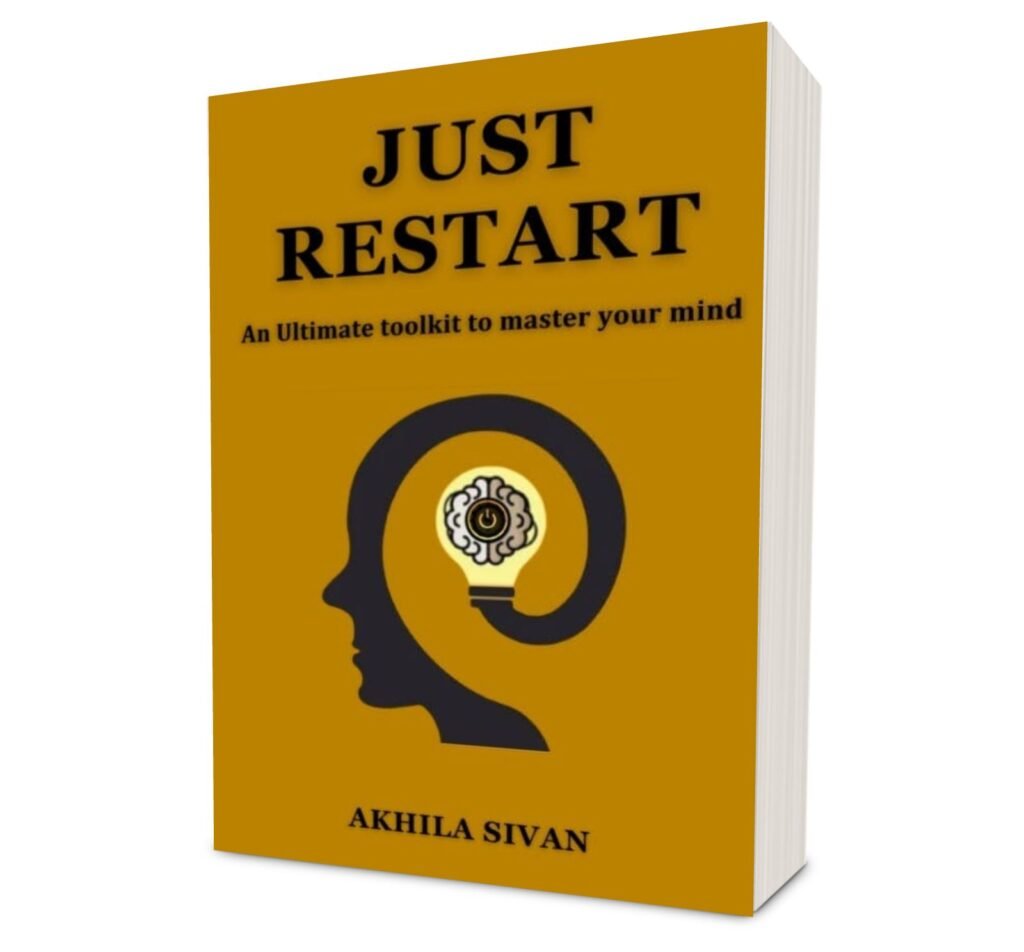Do you know that sleep is not rest? It serves as a crucial processing phase.
When you’re awake during the day, all the data and information you gather are stored in your conscious mind. This information is transferred from the conscious to the deeper memory of the subconscious for processing is called sleep.

If you continuously stay awake for 12 to 16 hours, you naturally begin to feel sleepy. This indicates that your brain requires this duration to effectively store the gathered information.
Sleep serves as a process for consolidating information in the brain.
Insufficient sleep can adversely affect this data storage process. Therefore, it’s crucial not to compromise on sleep, as it is the most productive and creative time for your brain.
How to achieve quality sleep?
Every day, you need to troubleshoot your brain.
Imagine you’re diligently working on your laptop when suddenly it shuts down, possibly due to a power issue, and suppose there’s no charge left overnight.
The next morning, as you opened it, did you ever encounter that it started rerouting to where you left off the previous day? Do pop-ups appear, indicating the unexpected shutdown and suggesting that some apps weren’t closed correctly?
It may ask whether to restore messages. It will return to the point where it was last closed, or the computer may encounter errors, such as unsaved files.

If you were able to properly shut down your computer, it will open fresh the next time.
Similarly, if you don’t shut down your mind properly, whatever mood you had before going to sleep, you’ll wake up with the same mood and issues the next day as well. Do you know why?
Because instead of shutting down, you’re just switching off and sleeping.
Sleep is not rest, so don’t forget to troubleshoot.
Consider a scenario where a significant disagreement occurs between 2 people, resulting in raised voices and heated exchanges. Imagine if this incident occurs during the day, and the next day you have commitments or important tasks to accomplish.

When unresolved conflicts linger before bedtime, the subconscious mind struggles with processing this incomplete data during sleep. As a consequence, it will fail to conclude and effectively save this information.
The following morning, this incomplete processing manifests as a rerouting of thoughts. You might find yourself faced with pop-ups or mental reminders, pointing out the lingering unresolved issues from the previous day.
These pop-ups remind you of unresolved issues, leading to the recurrence of negative moods from the previous day.

So before going to sleep, either attempt to resolve the matter through calm communication, if possible, or if direct conversation isn’t feasible, reflect on the situation mentally.
Steps to Troubleshoot your brain
1. Reflect
Every night before you go to sleep, recall three or four emotional events from your day. As you reflect, consider how things would be if you approached them from a different perspective.
2. Different Perspectives
Take a moment to analyze the perspective of the other person involved or the opposite scenario. For example: If someone shouts at you, ask yourself: Why did they speak to me in that manner? Could they be feeling upset now? What led them to express anger towards me? Perhaps they couldn’t tolerate my words and reacted with frustration.
3. Relaxing Thoughts
Try to be empathetic. Create the thought that it’s unlikely for someone to become angry without cause. People don’t typically plan to simply shout without reason.
There’s usually a valid underlying cause for their emotions; the reason may not be directly related to you. If you can understand their perspective empathetically, you engage in the mind’s troubleshooting process, facilitating a mental reset.
4. Find solutions
Adopt a positive mindset, reassuring yourself that everyone is human and prone to mistakes. End the reflection by acknowledging that you have the ability to find solutions, move forward positively in any situation, and give a satisfying conclusion to your mind .
If you can follow these steps next morning, you will wake up with better decisions, and your new day will be smooth enough!

How much time do I have to sleep?
The amount of sleep needed varies from person to person. While it’s commonly recommended to aim for 6 to 8 hours of sleep per night, it’s essential to recognize that individual needs differ.
For myself, 5 hours of sleep may suffice. Understanding your body’s unique requirements is key. The rules of sleep should be set by each individual according to their brain and body.
If your mind tends to dwell on complex matters, you may find yourself needing more sleep to fully process information. Conversely, if you can maintain simplicity in your thoughts, it can reduce the amount of sleep needed, as there’s less to process.

Incorporating mindfulness, meditation, and mental health exercises into your routine can enhance the quality of your thoughts and sleep.
Personally, I find that dedicating time to these practices allows me to achieve restful sleep, even with fewer hours of rest. Ensuring at least 4 to 5 hours of sleep ensures that I feel energetic upon waking.
Always make sure you never compromise on your sleep and ensure you are going to sleep after a proper shutdown to ensure quality sleep.
If you enjoyed this blog, comment, subscribe, share it with your friends, and follow me for the latest posts, newsletters, and inspiring content on your path to success!
If you love to be part of my community, subscribe, and I am opening the floor to all my readers about the topics that you are interested in exploring, whether they are related to mental health, self-care, strategies for boosting productivity, or personal growth. I am here to help you all . Drop your topics and suggestions below or post them on my Instagram (Follow : akhila.sivan.official).
Even so, you can read my book, which will act as a guide for you to restart your life, irrespective of your current situation: “Just Restart”[Paperback: Just Restart][Outside India: Just restart]





